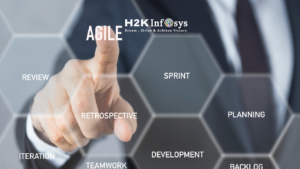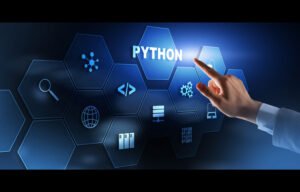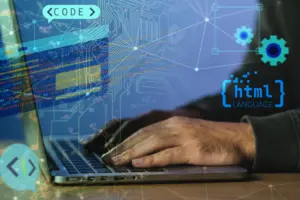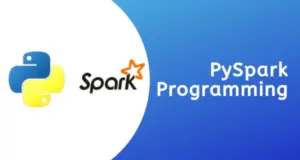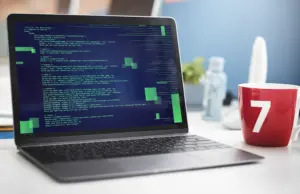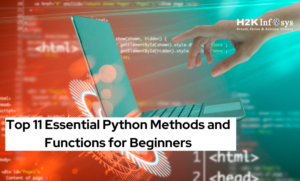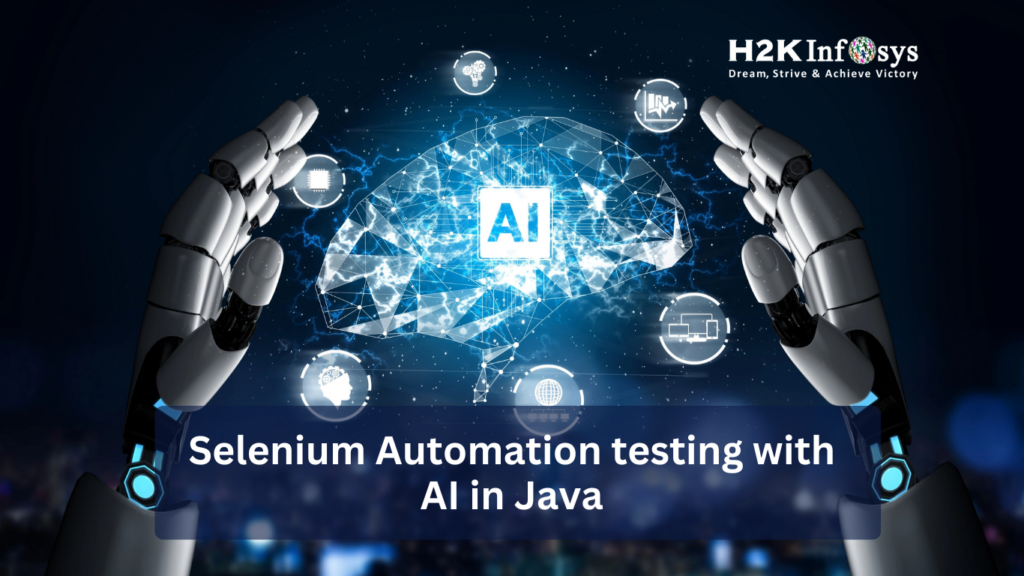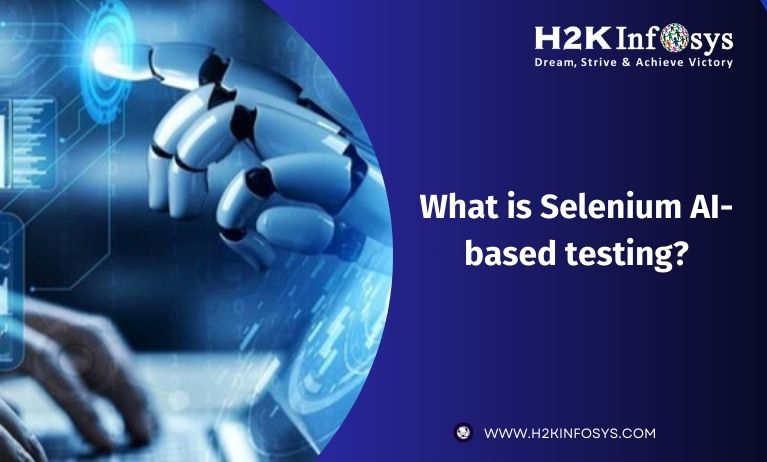Everyone in the programming world knows how user-friendly Python is and its popularity. It is easy to learn, read and code. The availability of numerous libraries to do every work is appreciable. The open-source availability, the support from a large community, are other pivotal features of this programming language. Apart from these things, numerous other features are making this programming language a popular one. After looking at the demand for Python developers, it is not a surprise why many people are looking to enroll in the best python tutorial. So, if you are also looking to learn Python and wondering about your learning stages, here are those stages.
Stage of understanding the basics of Python
It doesn’t matter; you are learning a technical skill or driving or any skill; one must learn basics. So, this rule applies even in the learning Python process. The basics of Python concepts such as variables, data types, OOP. The understanding of these things is essential to moving towards deeper concepts. Hence, if you are not strong in basics, it is recommended to revisit the sections that are your weak areas. Once your learning environment is ready, you will learn about new things such as different types of lists, dictionaries, strings, and tuples. Each data type has a different and particular purpose, and it is important to know when to use every data type. However, if you want to learn everything from Python’s basics systematically, you can enroll in the best python for beginners courses.
Loops and control flows
Once you understand Python’s basic concepts, move to the next stages of the learning curve. In this stage, you will learn control flow and conditional statements. This includes learning Boolean Operations, Else/If statements, and other different types of loops. These concepts are really beneficial since the majority of your logic and coding depends on these things. Again, these concepts are important to build any logic and apply it in the real world. Daily practicing these things do a world of good if you want to grow exceptionally as a Python developer.
Exploration of Data analysis
Playing with data is required for a Python developer. Once you make your basic strong and learn different types of loops, you move towards the core of data analysis. In this stage, you will learn the building blocks of data analysis/ data science. The learner will learn to import and clean data, conduct exploratory data analysis, use visualization techniques, and understand the best feature engineering practices. If you want to go deeper in data science, you must know and master famous data visualization and data manipulation libraries, including Pandas, Matplotlib, NumPy, and seaborn, to execute various tasks. Python is full of various libraries to conduct any type of task, and exploring and knowing how they work is essential for Python developers. These libraries allow the developers to build the program without coding from scratch. So knowing them helps you in reducing the time required to develop any program.
Statistics
Once you are confident in cleaning your data and performing EDA, you need to learn workflows of data science and basic statistics of data science. These concepts are critical since they ensure data you used to train the models are unbiased. In this stage, the key topics you will learn include test data/ segmenting train, working with imbalanced data, framing data science questions, and developing a hypothesis. To know more about these topics and get professional coaching, you can enroll in the best Python course. To pass python certification courses, one should have a deeper understanding of all these things.
Machine Learning
The final part in the learning stage is understanding Machine Learning. In this stage, you will build creative models with machine learning tools such as scikit-learn. It is an open-source library with a vast array of unsupervised and supervised learning algorithms. This tool consists of huge documentation that is required by data scientists while modeling data. The important features of this library are dimensionality reduction, clustering algorithms, ensemble methods, parameter tuning, and feature extraction and selection.
So learning Python in this manner is beneficial and helps you reach the mastery level step by step.






